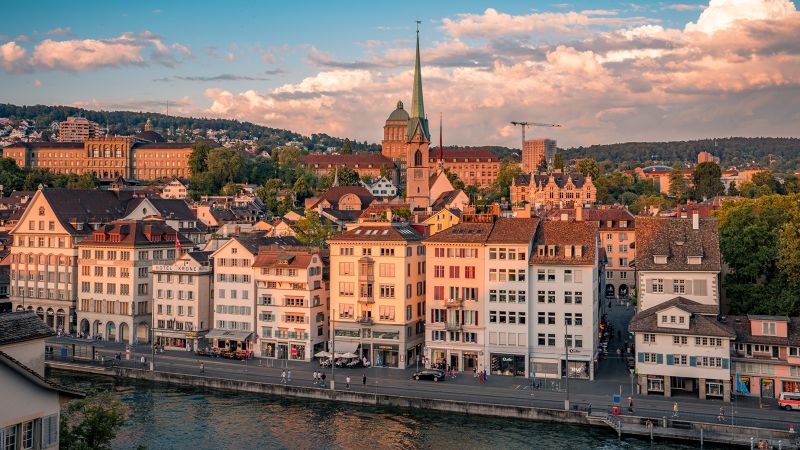The global cost of living crisis continues to impact big-city dwellers as the average cost of living has risen by 7.4% according to the annual Worldwide Cost of Living Index published by the Economist Intelligence Unit. While grocery prices have seen the fastest increase, there is some good news as utility prices have shown the least amount of inflation, slowing in pace amidst the waning of supply chain issues after China lifted its Covid-19 restrictions in 2022.
According to Upasana Dutt, Head of Worldwide Cost of Living at EIU, inflation is expected to decelerate in 2024, although the upside risks of armed conflict and extreme weather remain. This has resulted in many cities becoming more expensive to live in, with Singapore and Zurich being named the most expensive cities in the world. New York, Hong Kong, and San Francisco are among the other cities that made it to the top 10. Meanwhile, Russian cities like Moscow and St. Petersburg saw significant drops in rank due to factors such as the value of the ruble dropping considerably since Russia’s invasion of Ukraine.
The 2023 Worldwide Cost of Living surveyed 173 major cities, comparing more than 400 individual prices across 200 products and services and excluded Venezuela’s Caracas, where prices have risen by 450% since 2022. This goes to show the substantial impact of the global cost of living crisis, making it a critical issue worldwide.


